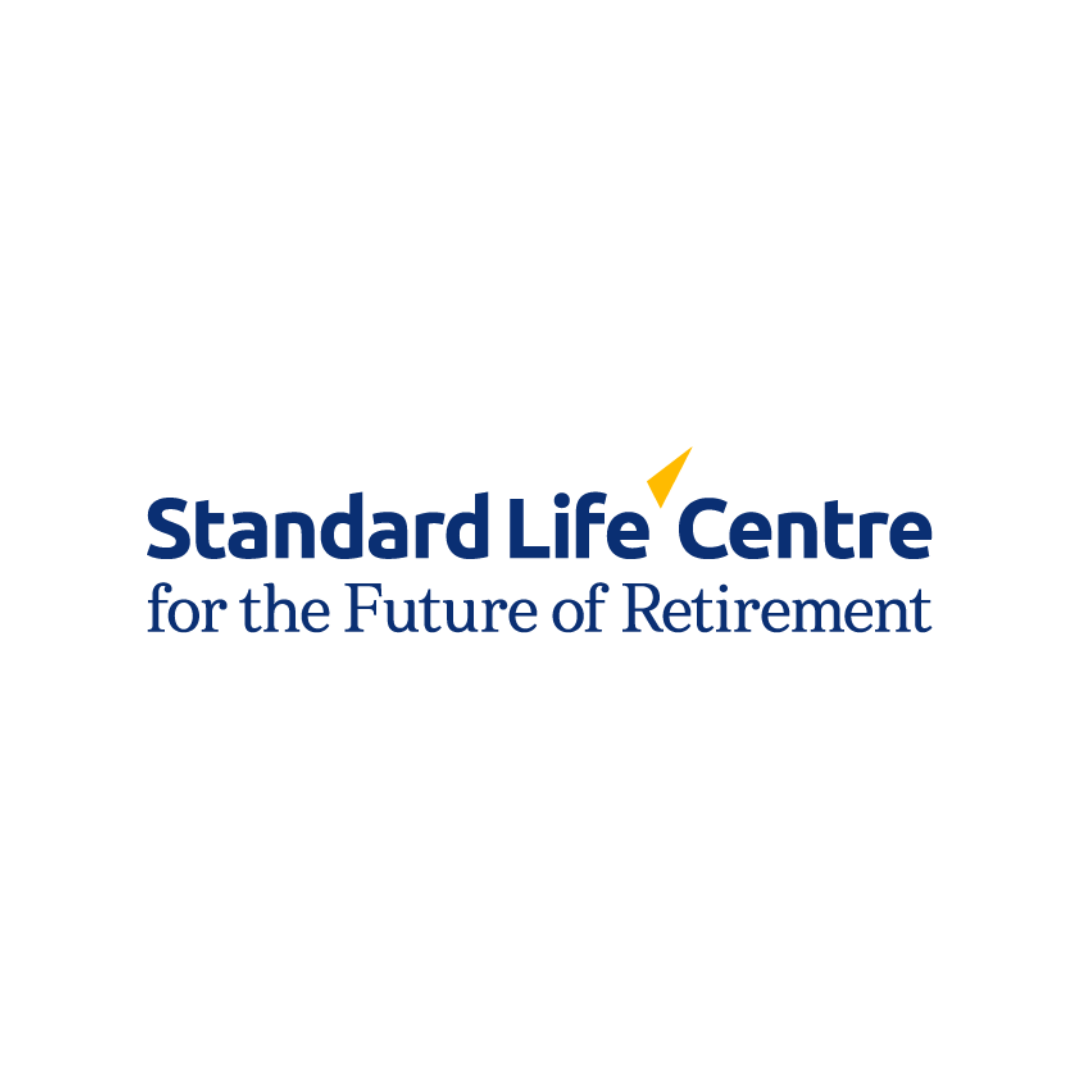Work
What happened to that job you signed up for?

Standard Life Centre for the Future of Retirement
January 01, 2023
id
Traditionally, the approach to learning and education is linear; you work through the school system and graduate into the world of work to pursue a career that you have studied and applied for, climbing up the ladder to reach your assigned goal.
But what if the job you decided to pursue at 21 has changed at 45?
The new approach
Careers used to be about climbing the ladder, a pathway that was carved out from inception - which set out the steps to take to reach your desired goal and the desired role. This type of working has drastically changed and none of us expect a job or career for life anymore. From my own experience I have worked across four different policy areas over the span of five years – gaining experience in areas from contract management to international trade negotiations. A survey by Investec found more than half of Brits were planning to change career in the next five years.
Less career progression, more career development
The concept of the ‘squiggly career’ is being embraced now, more than previous generations, and the idea of ‘climbing the ladder’ is no longer motivating to individuals or realistic as organisations become flatter and can no longer offer promotions as the default way to demonstrate progression.
We now have the option to explore different career paths, move around more fluidly between different job roles, disciplines and styles of working. Career development is now much more holistic and personalised, we cannot continue to use a ‘one size fits all’ approach which simply does not take into account different skills and strengths each individual possesses.
Employers need to understand the changing mindset
Lifelong learning is now more important than ever and should be embedded in working practice if we are to embrace all that our ‘squiggly careers’ have to offer. Employers should have a responsibility to support, guide and coach their staff to draw the very best from their employees and realise their potential. It has been observed that those who also integrate self-reflection and learning into their everyday continue to thrive and survive in the world of work today.
A dual commitment from both employers and individuals would seem to produce a collective positive result for both the workplace and individual, learning and acquiring more skills, training and education throughout life.
Our work with the Learning and Work Institute will build the case for investment in lifelong learning to support better outcomes later in life, and to maximise the benefits of investment by building understanding of individuals’ and employers experience and attitudes towards lifelong learning.





